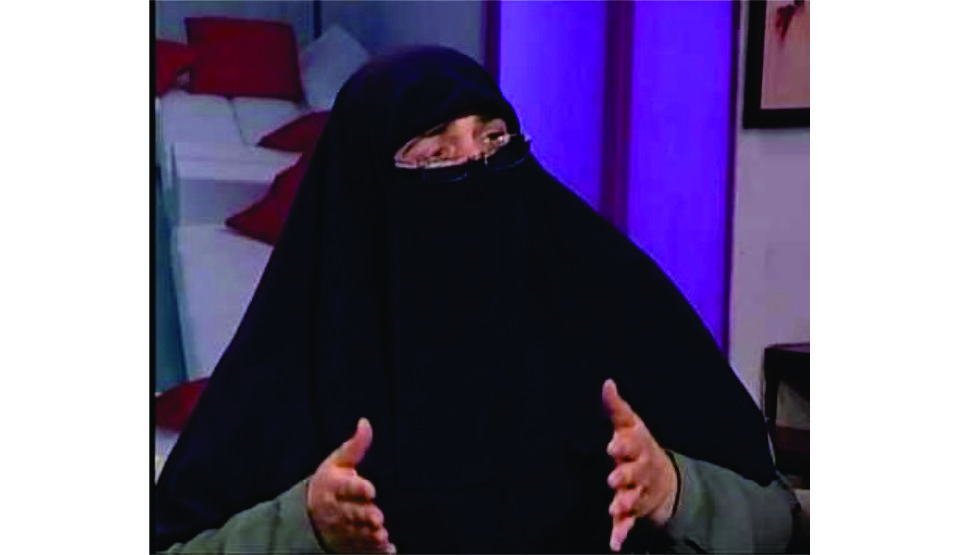Al-Huda Canada, the Mississauga branch of a worldwide net of Al-Huda Institutes across the globe, has no known links to extremist organizations.
Perhaps that explains the shock expressed over San Bernardino shooter Tashfeen Malik’s links to Al-Huda’s chapter in Multan, Pakistan.
However, I am not surprised for the simple reason that conservative Islam is a package deal and jihad is part of it.
Many Muslims believe jihad is necessary only in self-defence. However, some see Western provocations all around them, which lead them to uphold pre-emptive jihad as a legitimate form of self-defence.
For example, towards the end of one of her Urdu language Al-Huda podcasts, its head, Dr. Farhat Hashmi, describes such provocations as intellectual and cultural home invasion.
Hashmi and her organization say they abhor violence and that Malik did not understand their peaceful message of Islam.
However, it is quite possible Malik agreed with the concepts of provocation and pre-emptive jihad, along with four Canadian women who attended the Al-Huda school in Mississauga and later left the country to join the jihad in Syria.
That explains my concerns about the existing narrative of jihad. Many Muslims assert the defensive nature of jihad without properly understanding the implications of such a view. Acknowledging jihad, even as a defensive tactic, can be dangerous.
Al-Huda is geared primarily towards women’s issues.
Hashmi, its burka-clad founder, touts the segregation of women as socially beneficial.
She endorses a husband’s superiority over his wife. She preaches the niqab. She has been accused of supporting polygamy, an allegation she denies, arguing she is a feminist who makes women aware of how Islam protects them.
But in her podcasts, Hashmi advocates jihad as Allah’s third most-favoured doctrine, without describing the conditions which require it.
To be fair, she includes the hajj (the annual Islamic pilgrimage to Mecca) as a legitimate and peaceful form of jihad for women.
She describes the spiritual benefits of jihad, but appears puzzled non-Muslims cannot understand why Muslims can be so willing to give up their lives for a cause.
She believes it’s easy for Muslims because of their belief in rewards in the hereafter.
She lambasts non-Muslims for equating jihad with terror and maintains the defence of Islam is a Muslim’s paramount duty.
Hashmi cites Muslim history to bolster the view women willingly participated in jihad, even in its militant form, qital.
She elevates the value of jihad by defining it as “striving” in Allah’s cause with one’s capabilities, resources, even one’s life.
She bases this on one of the most orthodox sources of ancient Sunni literature, the Hadith Compilation of Imam al-Bukhari.
Is it unreasonable, then, to be concerned a minority of women attending her lectures may be inspired to take up arms against the “infidel?”
The bane of Islam has been fundamentalists not condemning armed jihad by repudiating the doctrine outright.
Are Hashmi and Al-Huda willing to denounce jihad as a doctrine?
Only then could the institute assert its teachings are confined purely to a conservative, peaceful reading of women’s issues in Islam.
Many Muslims defend jihad as personal and spiritual, but its effects are often public and violent.
If the concept of jihad cannot be reformed within Islam, it should be discarded.



























